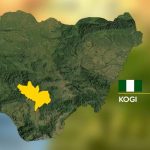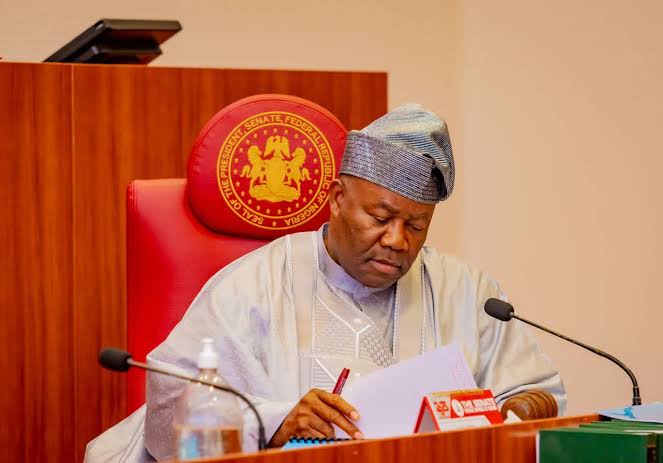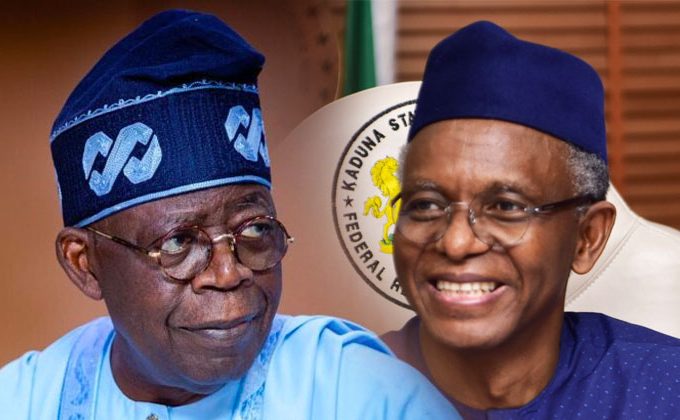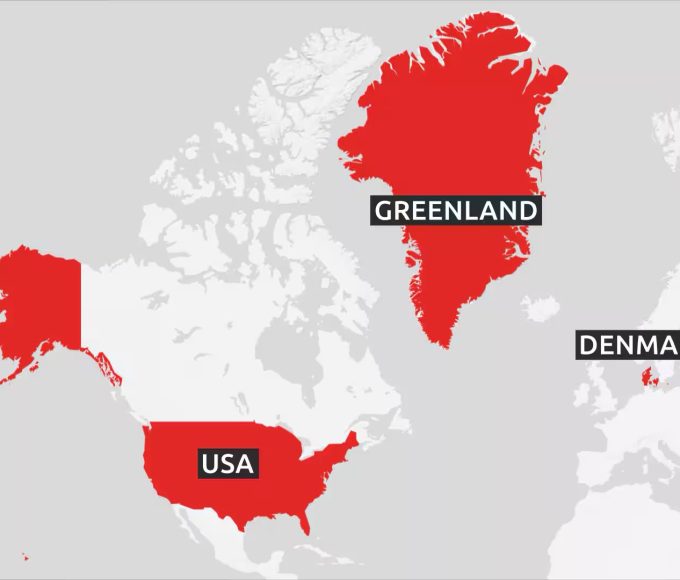
Presidency’s Big Lies, Has Anything Changed?
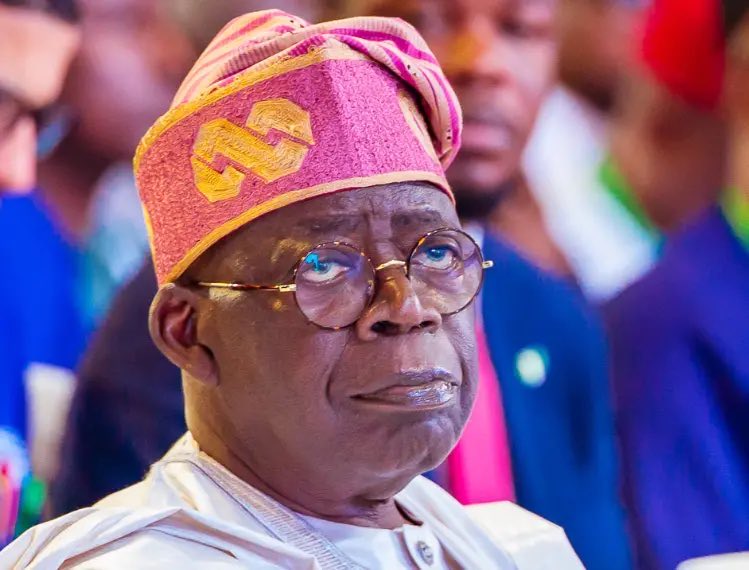
On September 24, 2023, Phrank Shaibu, the Special Assistant on Public Communication to former Vice President Atiku Abubakar, exposed what he describes as a series of deceitful narratives perpetuated by the administration of President Bola Tinubu.
While at that time the Tinubu-led administration had only spent five months in office, the revelations shed light on the alarming prevalence of propaganda within Nigeria’s political landscape, underscoring the need for transparency, accountability, and ethical governance.
Shaibu, in his statement, highlighted ten instances where the Tinubu administration had allegedly disseminated false information, manipulating public perception for political gain. These instances range from economic policies to international relations, painting a troubling picture of a government steeped in deception and misrepresentation.
The question on Tinubu’s assertion that the petrol subsidy has been abolished despite soaring oil prices and a depreciating currency, the discrepancy between diesel and petrol prices suggests ongoing subsidies, contradicting the government’s narrative of subsidy removal. However, the question should be asked again is fuel subsidy truly gone?
The claim of the lifting of the visa ban by the United Arab Emirates, touted as a diplomatic triumph, was debunked by UAE authorities, exposing the government’s penchant for spreading misinformation on international affairs. The visa ban is still on, even after months of government claims that it has been lifted.
The administration’s penchant for grandiose claims extends to symbolic achievements, such as Tinubu’s purported distinction as the first African president to ring the NASDAQ bell, which was proven false upon scrutiny.
Economic misrepresentation is also evident, with discrepancies between official exchange rates and market realities undermining the government’s claims of currency stability and investment attractiveness.
Furthermore, the manipulation of security narratives, as seen in the misrepresentation of military operations and promises of intervention in forex markets, erodes public trust in the government’s ability to address pressing national challenges.
The promise of financial assistance to students through the Student Loan Act is exposed as hollow, with rising tuition fees in government schools rendering the legislation ineffective and emblematic of the government’s disregard for the welfare of its citizens.
Read more: Pakistani Whiz Bilal Ilyas Jhandir Breaks Guinness World Record
About The Author
Related Articles
Tinubu’s Senate Refuses Full Electronic Transmission, Keeps Manual Option
Tension is building across the country after the Senate, led by Godswill...
ByWest Africa WeeklyFebruary 11, 2026Tinubu Deducts N100bn Monthly From Federation Account Without Approval El-Rufai Alleges Says Action Deserves Impeachment
Former Kaduna State Governor Nasir El-Rufai has launched a blistering attack on...
ByWest Africa WeeklyJanuary 26, 2026Trump’s Greenland Threat Forces Europe to Taste the Logic of Western Colonial Power
It rarely begins with soldiers. More often, it begins with a sentence,...
ByWest Africa WeeklyJanuary 21, 2026Tinubu Government Claims Intelligence Cooperation With the US, Yet New York Times Publishes Conflicting Story Following $9 Million US Lobbying Effort
When the New York Times published its investigation suggesting that claims from...
ByWest Africa WeeklyJanuary 19, 2026





